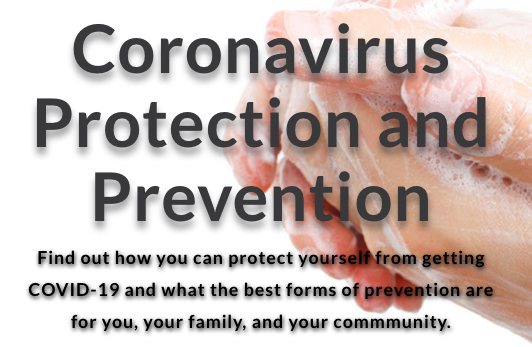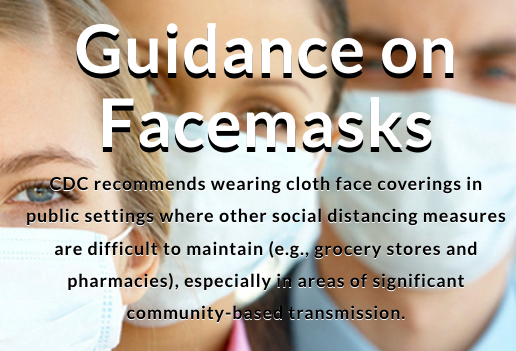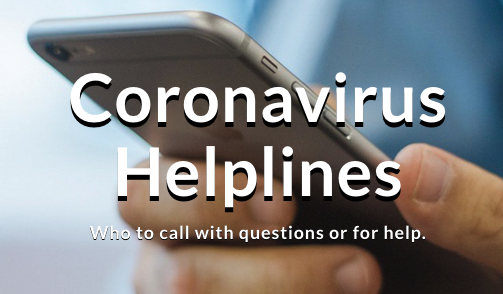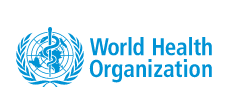Click the links below to see our other coronavisus information pages.
OTHER CORONAVIRUS PAGES ON THIS SITE
- Coronavirus Frequently Asked Questions – This Page SEE BELOW
- Coronavirus Data – Richland County, Ohio, U.S.A. and Global data updated weekdays.
- Responsible RestartOhio – The dates, guidelines, and protocols for reopening Ohio.
- I’ve Been Tested for Coronavirus. Now What? – The hows and whys of quarantining & isolation.
- For COVID-19 Vaccine information see: richlandhealth.org/covid-vaccine-qa/
- For COVID-19 Vaccine Registration see: richlandhealth.org/vaccine-registration/
OTHER CORONAVIRUS PAGES: Will take you to resources not located on richlandhealth.org
https://www.cms.gov/About-CMS/Agency-Information/OMH/resource-center/COVID-19-Resources
Homelessness During the Pandemic: What to Do and How to Help
https://www.mymove.com/moving/
CORONAVIRUS DATA RESOURCES (Updated daily):
WHAT IS CORONAVIRUS (COVID-19)?
Coronaviruses are a large family of viruses that can infect people and animals. These kinds of viruses can cause the common cold, or more serious diseases like SARS (severe acute respiratory syndrome), MERS (Middle East respiratory syndrome) and COVID-19, which is the newest strain that first appeared in late 2019 in Wuhan City, Hubei Province, China. The COVID-19 virus has since been carried by travelers to countries around the world.
In COVID-19, CO stands for corona, VI for virus, and D for disease. It has also been called the 2019 novel coronavirus and 2019-nCOV.
HOW DOES CORONAVIRUS SPREAD?
The new virus is spreading easily from person to person, usually those within about 6 feet of each other. It can spread easier and cause more infections than other coronaviruses because it’s a new strain that people haven’t yet built an immunity to.
The new virus is believed to be spread through respiratory droplets when an infected person sneezes or coughs, just like the flu. These droplets can be inhaled by others or land in their mouths or noses. You may be able to get infected by touching a surface or object that has the virus on it and then touching your mouth, nose or eyes. But it’s not thought to be the main way the virus spreads.
People appear to be most contagious when they are the sickest or have the most symptoms. Some people have spread the disease without showing any symptoms, but this is less common.
That being said, COVID-19 is a new disease and we are still learning more about how it spreads.
WHAT ARE THE SYMPTOMS OF CORONAVIRUS?
Symptoms seen with this strain range from being mildly sick with fever, cough and shortness of breath, to being severely ill. Most people only develop mild symptoms, but people over 60 and those who have other health condition can develop more serious symptoms, including pneumonia, which can be fatal.
HOW LONG DOES IT TAKE FOR SYMPTOMS TO APPEAR?
Symptoms of the new virus are believed to appear two to 14 days after exposure. Many people may be have coronavirus (COVID-19) but never have symptoms. They will, however, be able to pass the virus on to others.
HOW CAN I PROTECT MYSELF?
You should follow these tips to reduce your risk of the new coronavirus, as well as any cold, flu or respiratory virus:
- Avoid close contact with people who are sick.
- Avoid touching your eyes, nose and mouth with unwashed hands.
- Wash your hands often with soap and water for at least 20 seconds.
- Use an alcohol-based sanitizer if soap and water are not available.
- Disinfect frequently touched objects and surfaces.
- Practice social distancing – if you have to go out, stay at least six feet from other people.
- If you have to go out (for groceries, for example) wear a cloth face cover to protect yourself and those you may come in contact with.
WHAT SHOULD I DO IF I THINK I MIGHT BE INFECTED?
You should call your medical provider if you:
- Feel sick with fever, cough or have difficulty breathing and
- Have been close to someone infected with the new coronavirus.
- Or have recently traveled to a location known to have active cases of COVID-19.
Call your medical provider before your visit to discuss your risks and symptoms. This will help limit exposure to other people and prepare your provider for an evaluation. If you are sick, do not travel or go out to reduce the possibility of exposing others to your illness.
CAN I GET TESTED FOR THE NEW CORONAVIRUS?
The average person does not need to be tested for the coronavirus. If your medical provider believes you are at risk, they will work with the state public health department and CDC to determine if and where you need to be tested.
WHAT WILL HAPPEN IF THEY DETERMINE I HAVE CORONAVIRUS (COVID-19)?
The CDC recommends that anyone who is actively sick with COVID-19 be isolated at home or at a hospital (depending on how sick they are) until they are better or no longer pose a risk of infecting others. This time period can vary from person to person, so the decision to release someone from isolation is made on a case-by-case basis by doctors, infection prevention and control experts and public health officials. Disease severity, illness signs and symptoms, and test results are considered.
HOW IS THIS NEW CORONAVIRUS TREATED?
At this time, there is no vaccine or medication for this strain. If you are infected, your medical provider will recommend rest, fluids and medication to control your fever or relieve symptoms. Severe cases will require hospitalization care to support vital organ functions.








